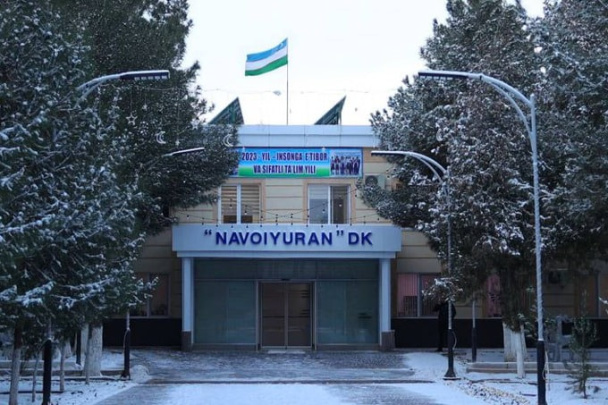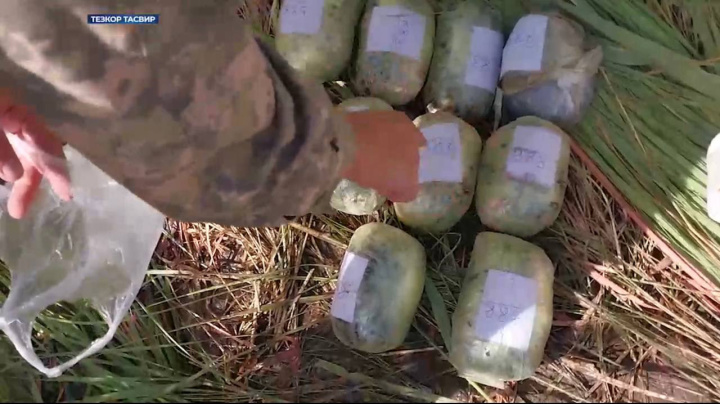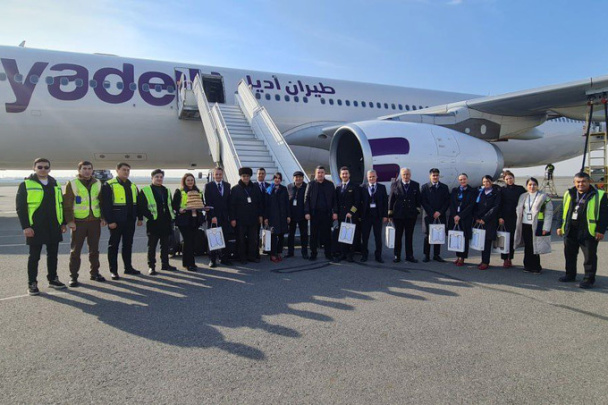Over the last 30 years, the population of Uzbekistan has increased by 15 million, exceeding 36 million. According to forecasts, by 2030, the population of Uzbekistan will reach 40 million people, which is almost half of the population of Central Asian countries.
This was discussed at the seminar on “Ensuring food security and supporting the sustainable development of agriculture” held in the Senate. It is noted that “internal risks for Uzbekistan mainly arise from significantly high growth rates of the population”.
At the seminar, reports of the ministries and agencies were heard on the extent to which the nutritional needs of teenage girls, pregnant and lactating women and the elderly are met, the average productivity of food production in agriculture, and what measures are being taken to increase the income of producers.
Attention was paid to the measures taken to increase investment through the introduction of sustainable food production systems and methods that increase the efficiency of agricultural production, capacity building in the field, development of scientific researches and modern technologies, expansion of international cooperation.
As noted, negative consequences include food security issues, including reduced productivity, water scarcity, land degradation, increased disease, and more.
Depletion of water resources, including climate change, requires proactive measures to manage water resources, implement water-saving technologies, and find additional water sources. Land degradation and desertification trends negatively affect the sustainable development of agriculture and environmental sustainability.






